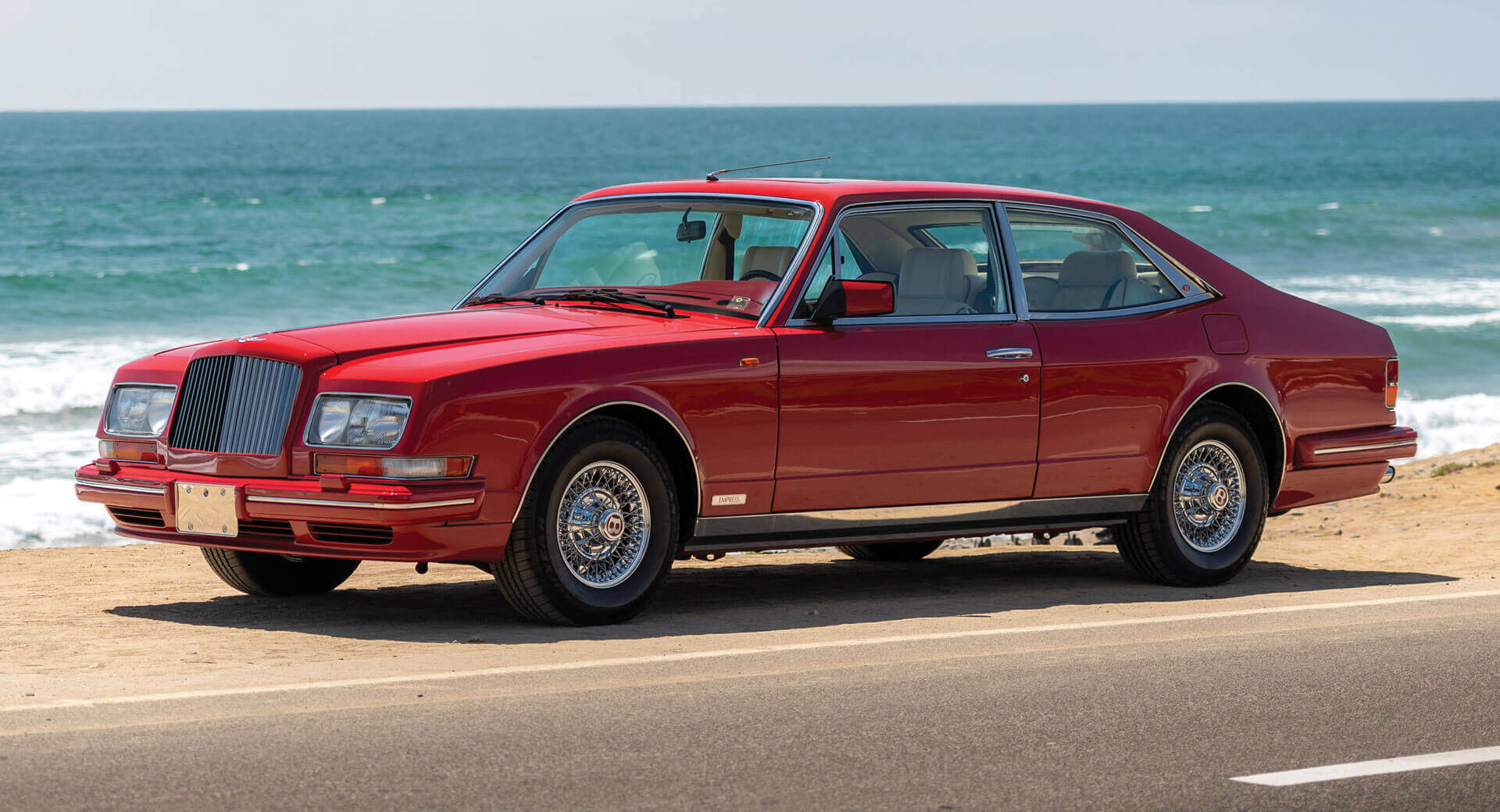
Let’s be real, you’re here because you’re tired of surprises under the hood, especially the kind that leaves you stranded. You work hard, and you expect your pickup to do the same. But some vehicles, well, they’re just not built to go the distance, barely limping along to that next oil change before something gives out.
We’re not talking about normal wear and tear here. We’re diving deep into the very essence of what makes a vehicle truly unreliable, using insights that pinpoint the exact reasons why some pickups become a money pit faster than you can say ‘check engine light.’ This isn’t just about identifying a faulty part; it’s about understanding the fundamental nature of unreliability itself, helping you spot the red flags before you make a costly mistake.
So, buckle up! We’ve got 13 critical insights that will change the way you look at potential pickup purchases. We’re breaking down the complex concept of ‘unreliable’ into digestible, actionable points, drawing from the definitive meanings of this crucial adjective. Get ready to arm yourself with knowledge that will save you headaches, time, and a whole lot of cash.

1. **The Core Definition of Unreliability in Your Ride: What it really means when a pickup fails you**
When we label a pickup as unreliable, we’re cutting right to the chase: it’s “Not able to be trusted to do what is expected or required; inconsistent or prone to failure.” Think about that for a second. It’s not just a minor annoyance; it’s a fundamental breach of trust. You expect your truck to start every morning, haul its weight, and get you to your destination without drama. An unreliable pickup fails on these most basic expectations, leaving you with a nagging doubt every time you turn the key or load up the bed.
This isn’t about an occasional hiccup. This is about a vehicle that consistently falls short. The Oxford English Dictionary’s definition highlights this consistency of failure or inconsistency of performance. It’s the kind of truck where you might say, “I can’t count on it to follow through,” because it frequently lets you down. Much like a watch that keeps losing time is unreliable, a pickup that frequently fails to perform its core functions is, by definition, unreliable.
So, before you even consider a specific make or model, consider this foundational truth: true unreliability means a persistent inability to deliver consistent results or meet expectations. It’s a vehicle that, much like an internet provider with frequent outages, simply doesn’t deliver when you need it most. And when you’re talking about a heavy-duty pickup, that lack of trust isn’t just frustrating, it can be downright dangerous.
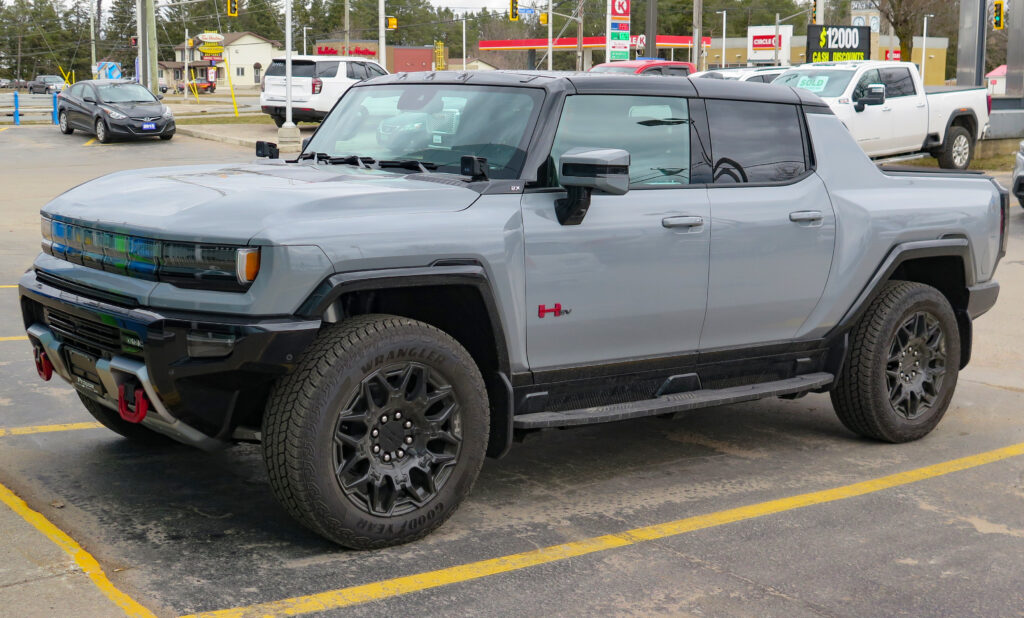
2. **The Peril of Inconsistent Performance: Why your truck’s behavior keeps changing**
One of the most maddening aspects of an unreliable pickup is its “inconsistent” performance. The definition of inconsistent is clear: it “Fails to keep the same behavior or performance over time.” Imagine a truck that runs perfectly one day, but then struggles to shift gears or loses power the next. This isn’t just inconvenient; it makes planning impossible and instills a constant sense of dread in the driver.
This inconsistency can manifest in many ways. Perhaps its fuel efficiency wildly fluctuates, or its braking system feels different depending on the day. The core issue is the absence of predictable behavior. “His inconsistent work habits make him unreliable,” states the dictionary, and the same principle applies directly to your pickup. If you can’t predict how it’s going to behave on any given trip, it’s a prime example of an unreliable machine.
Such a pickup leaves you always guessing, always wondering if this is the day it finally gives up. You might find yourself saying, “The train has become unreliable” if it’s always late, and similarly, you’d label your truck as unreliable if its performance never stays the same. It’s this inability to maintain a steady, expected standard that pushes a vehicle into the ‘buyer beware’ category, hinting at deeper, unresolved mechanical issues.

3. **Why Untrustworthy Engineering Leaves You Stranded: When you can’t have confidence in your ride**
When we talk about an “untrustworthy” pickup, we’re pointing to a profound lack of confidence you can place in its engineering and components. The dictionary defines untrustworthy as “Not deserving of trust or confidence.” This goes beyond mere inconsistency; it suggests that the very foundations of the vehicle’s operation are suspect. It implies that the vehicle itself cannot be trusted to operate as advertised or even safely.
This lack of trustworthiness isn’t always immediately apparent. It could be hidden flaws in the engine, transmission, or electrical system that only reveal themselves at the worst possible moment. Like an “untrustworthy witness changed their story,” an untrustworthy pickup changes its performance narrative, often leading to unexpected breakdowns. You bought it for reliability, but it delivers the exact opposite.
This is why, as a buyer, you must cultivate a keen sense of skepticism. “Use it to express skepticism or doubt, especially when describing trustworthiness,” advises the OED. If a vehicle’s reputation or past performance records suggest it’s untrustworthy, that’s a massive red flag. You shouldn’t have to constantly question whether your truck will actually get you where you need to go without a major incident.
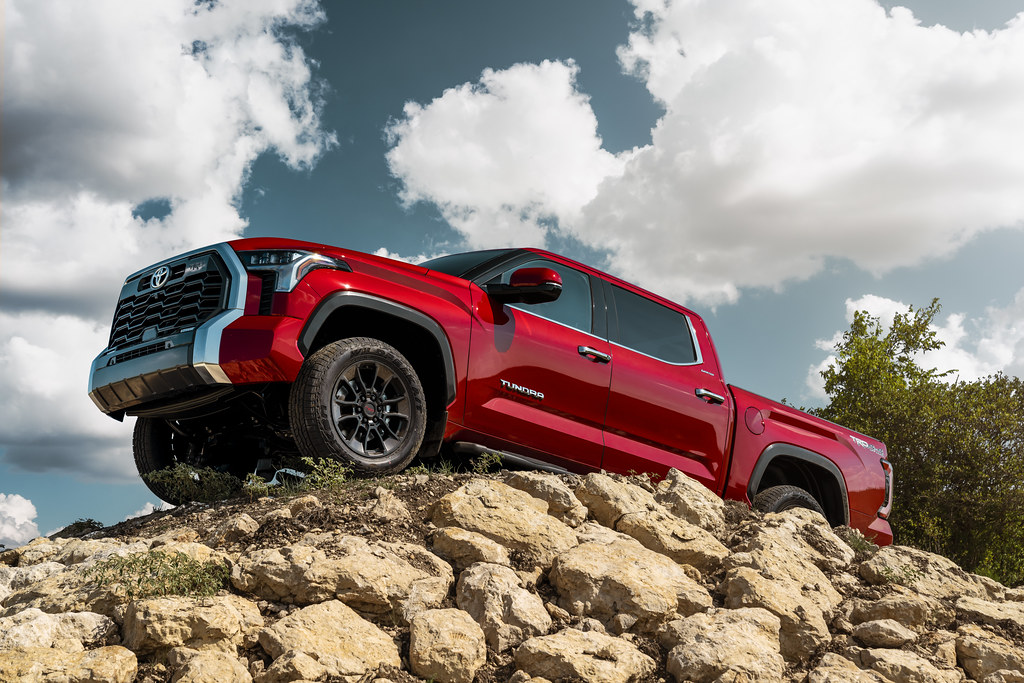
4. **The Frustration of Undependable Mechanics: The challenge of relying on a problematic pickup**
Closely related to untrustworthiness is “undependability.” An undependable pickup is quite simply “Difficult to rely on.” While untrustworthy might imply deceit or a complete lack of faith, undependable emphasizes the sheer struggle involved in attempting to count on the vehicle for consistent service. It’s the truck that always seems to have *something* wrong, even if it’s not a catastrophic failure every time.
“The car’s undependable engine kept breaking down,” is a classic example from our linguistic guide, and it perfectly encapsulates the frustration of owning such a pickup. It’s not necessarily that the vehicle is maliciously failing you, but rather that its components or systems are inherently prone to breaking down or underperforming regularly. This makes it a constant source of stress, not a reliable workhorse.
For any buyer, an undependable vehicle quickly loses its value. It becomes a liability, demanding constant attention, repairs, and worry. If you’re looking for a vehicle that gives you peace of mind, an undependable pickup is the absolute antithesis. Its difficulty to rely on means it’s always on “shaky ground,” as the idiom suggests, never truly giving you the certainty you deserve.
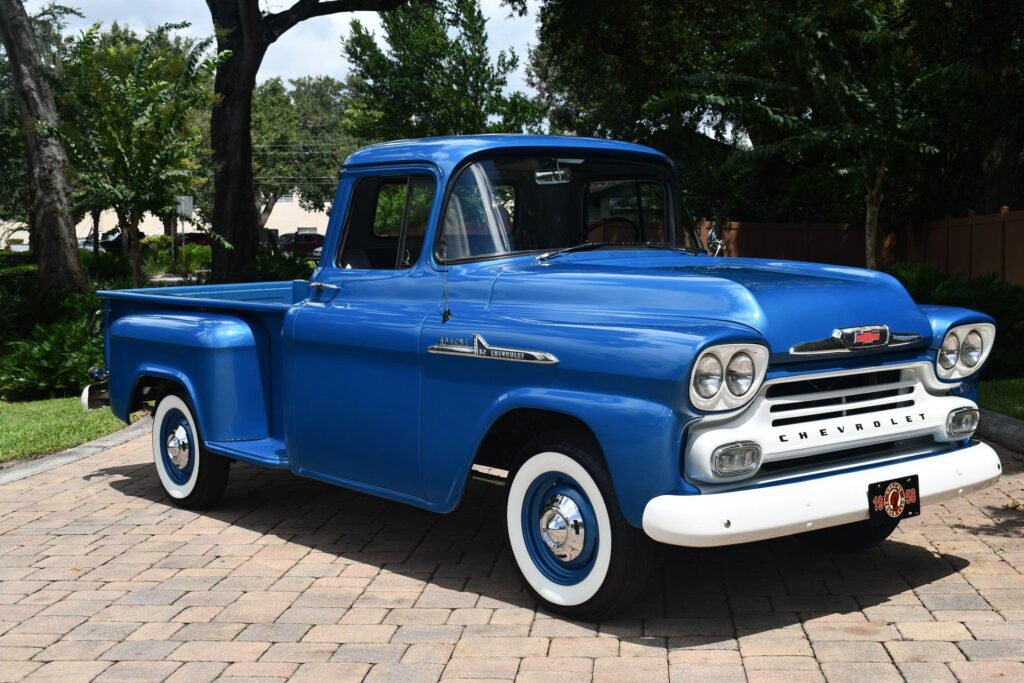
5. **Navigating Erratic Operation: Unpredictability on the Road**
Now, let’s talk about “erratic” operation. This word describes something “Unpredictable in behavior or movement.” For a pickup, erratic operation means you can’t anticipate what it’s going to do next. One minute it’s fine, the next it’s making strange noises, or its acceleration is inconsistent, or the steering feels off. This unpredictability isn’t just an inconvenience; it can be incredibly dangerous, especially at highway speeds or when hauling heavy loads.
Think about the example, “Her erratic responses made her seem unreliable.” The same applies to a truck that exhibits unpredictable behavior. Whether it’s sudden power surges, unexplained braking issues, or electrical glitches that come and go without warning, an erratic pickup keeps you on edge. It introduces an element of risk that no responsible driver wants to contend with.
This kind of unreliability is a clear signal that the vehicle’s systems are not functioning harmoniously or consistently. It suggests underlying issues that are not only hard to diagnose but can escalate without warning. A pickup with erratic operation is a gamble every time you get behind the wheel, making it a prime candidate for not making it to the next oil change without a significant, and potentially dangerous, breakdown.

6. **Acknowledging Fallibility in Design: The Root of Many Woes**
Finally, for this section, let’s confront “fallibility.” The term fallible means “Capable of making mistakes.” In the context of a pickup, this points to inherent design flaws or manufacturing shortcomings that make the vehicle susceptible to errors and failures. It’s not about abuse or neglect; it’s about a fundamental weakness built into the truck from the start.
“Everyone is fallible, even the most reliable experts,” states our context, and the same truth applies to automotive engineering. Even with the best intentions, designers and manufacturers can introduce weaknesses that lead to persistent problems. These flaws might not cause immediate failure but can lead to accelerated wear, component breakdown, or systems that simply don’t function as robustly as they should. These are the “leaks” that might not be fluid, but are still draining your wallet.
Recognizing fallibility in a vehicle’s design is crucial for buyers. It’s about understanding that some trucks are, by their very nature, more prone to problems due to how they were conceived and built. These aren’t just one-off issues; they are systemic vulnerabilities. A fallible design means your pickup could be experiencing recurring failures long before its expected lifespan, making it a truly unreliable choice for the long haul.
Alright, so we’ve tackled the basics of unreliability, from core definitions to the dangers of erratic behavior. But trust us, there’s even more to unpack when it comes to those sneaky issues that turn a dream truck into a total nightmare. Let’s dive into the next set of warnings that every savvy pickup buyer absolutely needs to know before they sign on the dotted line.
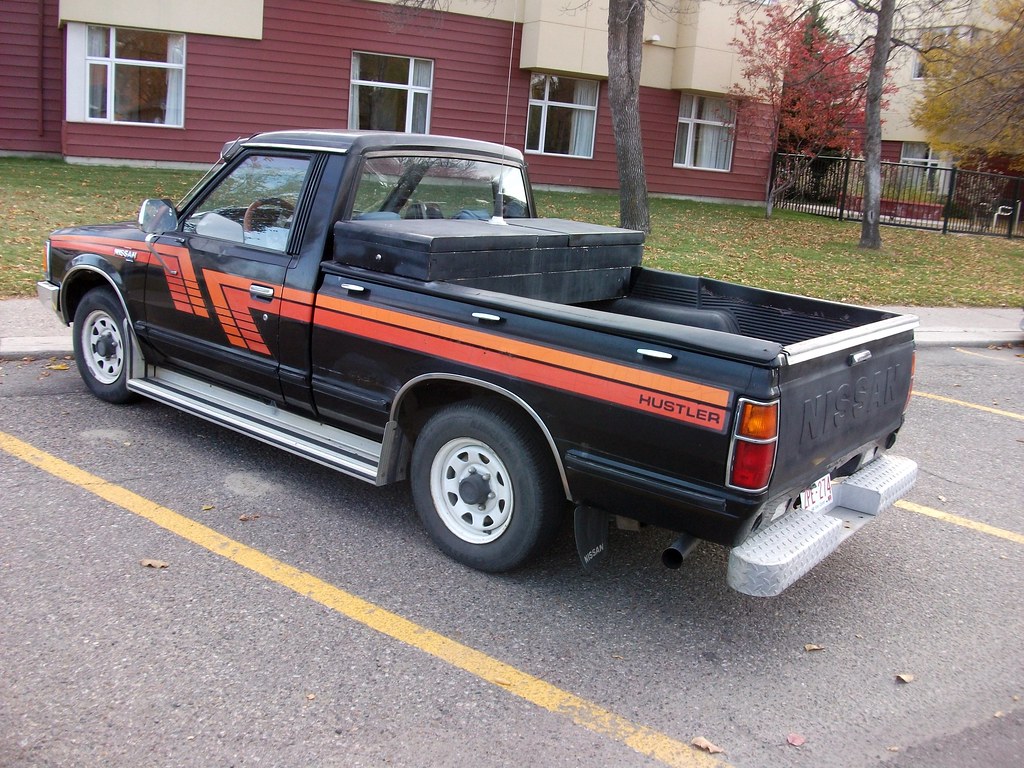
7. **When Your Pickup Lacks Competence: Not Just Unable, but Unfit**
When we say a pickup is unreliable because it lacks “competence,” we’re talking about something deeper than just being unable to do a specific task. We’re talking about a vehicle that is, at its core, “incompetent, incapable, inept, unfit, unfitted, or inexpert” for the very purpose it was built. It’s not just that it *can’t* haul that load; it’s that it’s fundamentally *unfit* to be a reliable hauling machine, full stop.
Think about it this way: a truly competent pickup should perform its primary functions with ease and consistency. If it struggles with basic tasks, or if its systems are prone to failure because they’re simply not up to par, that’s a massive red flag. It implies a deeper, systemic issue that points to a lack of overall ability or fitness for its intended role. This isn’t just about an isolated malfunction; it’s about the vehicle’s very essence.
The Oxford English Dictionary highlights a similar sentiment when it comes to professionals, stating: “At best, an unreliable lawyer will do the client no good. At worst, the unreliable lawyer will make matters worse.” Now, swap out ‘lawyer’ for ‘pickup.’ An unreliable pickup, lacking true competence, won’t just fail to help you; it could actively create more problems, more repairs, and more headaches. It becomes a liability rather than an asset, proving itself unfit for purpose.
So, when you’re checking out a potential purchase, don’t just ask if it *can* do the job. Ask if it’s truly *competent* and *fit* for the long haul. A truck that’s incompetent in its design or execution is a truck that will continuously let you down, even if it seems to have all the right features on paper.
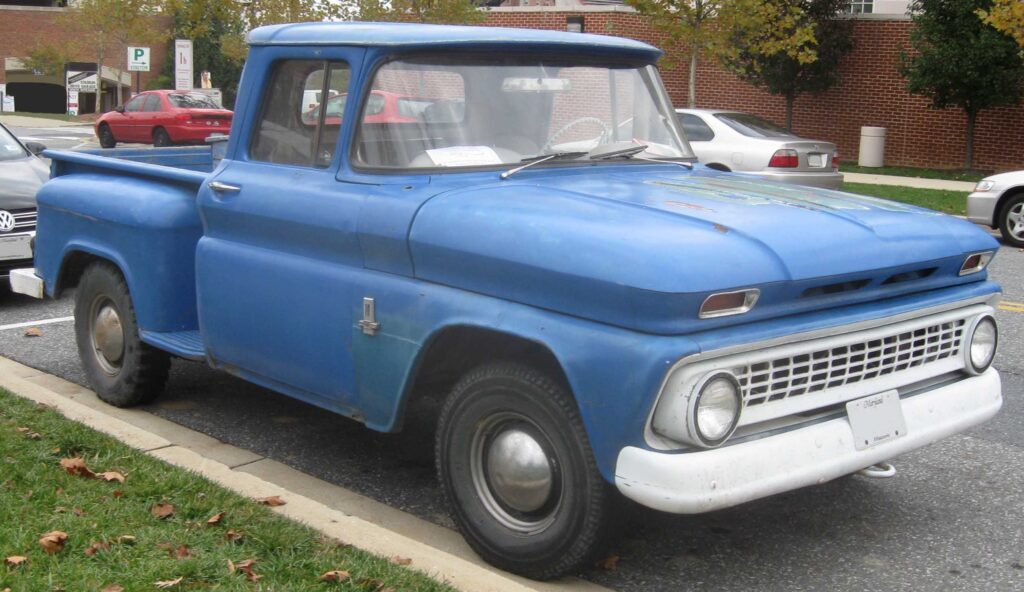
8. **The Deceptive Promise: When Manufacturer Claims Are Unreliable**
Ever felt like you bought into a promise that just didn’t deliver? That’s precisely what happens when manufacturer claims about a pickup are “unreliable,” meaning they are “lacking in veracity, accuracy, or truth.” These aren’t just minor exaggerations; they are misleading statements that can steer you towards a vehicle that’s simply not what it’s cracked up to be.
Picture this: glowing ads, impressive statistics, and bold promises about durability or towing capacity. But if these claims are “implausible, unconvincing, inaccurate, unsound, doubtful, dubious, or fallible,” you’re looking at a deceptive promise. It’s like being sold a bill of goods. The vehicle’s actual performance falls short, leaving you with buyer’s remorse and a truck that can’t live up to its marketing hype.
The dictionary provides a perfect parallel: “The figures were unreliable because the sample sizes were too small.” In the automotive world, this could translate to manufacturers using skewed testing data, cherry-picking results, or making broad generalizations based on limited, idealized scenarios. If the foundation of their claims is shaky, then the truck itself is likely to follow suit.
Don’t just take a manufacturer’s word as gospel. Dig into independent reviews, owner forums, and real-world performance tests. If a truck’s reported capabilities lack “veracity and accuracy,” it’s not just a marketing blunder; it’s a fundamental aspect of its unreliability. You need a truck built on truth, not just slick advertising.

9. **The ‘Dishonest’ Truck: Betrayal in Performance**
This might sound a bit dramatic, but some pickups can feel downright “dishonest” in their performance, making you feel utterly betrayed. We’re talking about a vehicle that is “dishonest and not to be trusted,” acting in ways that are “deceitful, slippery, treacherous, dishonorable, or duplicitous.” It’s the truck that implies it’s going to be a steadfast partner but consistently lets you down when it matters most.
Imagine investing your hard-earned money in a truck, expecting it to be a reliable workhorse, only for it to repeatedly break down, exhibit unexpected quirks, or deliver vastly inconsistent performance. This isn’t just bad luck; it feels like a betrayal of the implied contract between buyer and manufacturer. It fails to deliver on its promises, leaving you in the lurch.
The context provides a vivid analogy: “Thus, when one witness mentioned a lengthy conversation with him, he was declared a liar and an unreliable witness.” A “dishonest” truck acts similarly. It might perform adequately for a while, lulling you into a false sense of security, only to “change its story” (its performance) at a critical moment. This unfaithfulness in function is a core characteristic of a truly unreliable vehicle.
Such a truck isn’t just difficult to manage; it erodes your trust and confidence over time. You start to second-guess every trip, every heavy load, and every long drive. That constant anxiety is the emotional cost of owning a pickup that performs “dishonestly” – a betrayal that no buyer should have to endure.
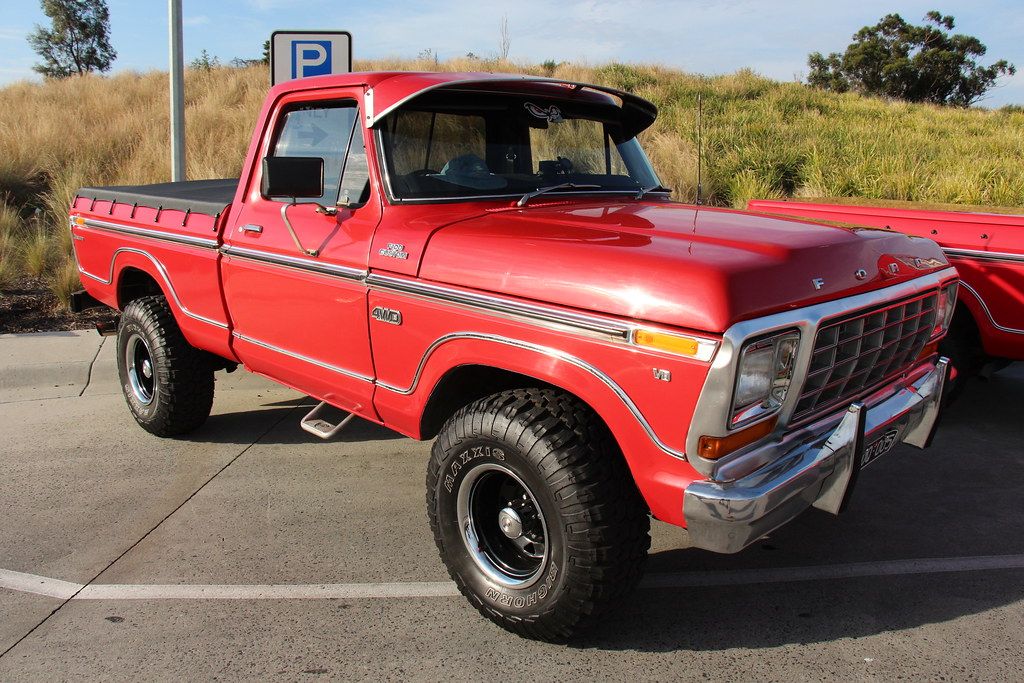
10. **The Cost of Carelessness: Irresponsible Design and its Consequences**
Ever notice how some problems just seem to stem from a fundamental lack of foresight or attention? That’s the essence of “irresponsible design” in a pickup—it’s “not showing a proper sense of care or responsibility” in its manufacturing. We’re talking about choices that are “careless, heedless, inattentive, incautious, or negligent,” leading to built-in flaws that spell disaster down the road.
These aren’t always glaring defects. Sometimes it’s the use of substandard materials, a poorly thought-out component placement that makes repairs a nightmare, or an engineering shortcut that shaves costs but compromises durability. Such “derelict” design choices create vehicles that are prone to premature wear, frequent breakdowns, and a host of issues that could have been avoided with a more responsible approach.
The context reminds us of the consequences of such behavior: “He is said to have inspired hardworking staff, and to have fired the unreliable and non-diligent ones.” In the world of manufacturing, this means accountability for quality. If designers and engineers aren’t diligent and responsible in their work, the end product—your pickup—will inevitably suffer, becoming “undependable” and adding to your financial burdens.
Before you commit, look for signs of responsible engineering. Research common complaints about specific models. A vehicle born from careless design is a ticking time bomb of future expenses and frustrations, an irresponsible gamble that will inevitably cost you more than just money.
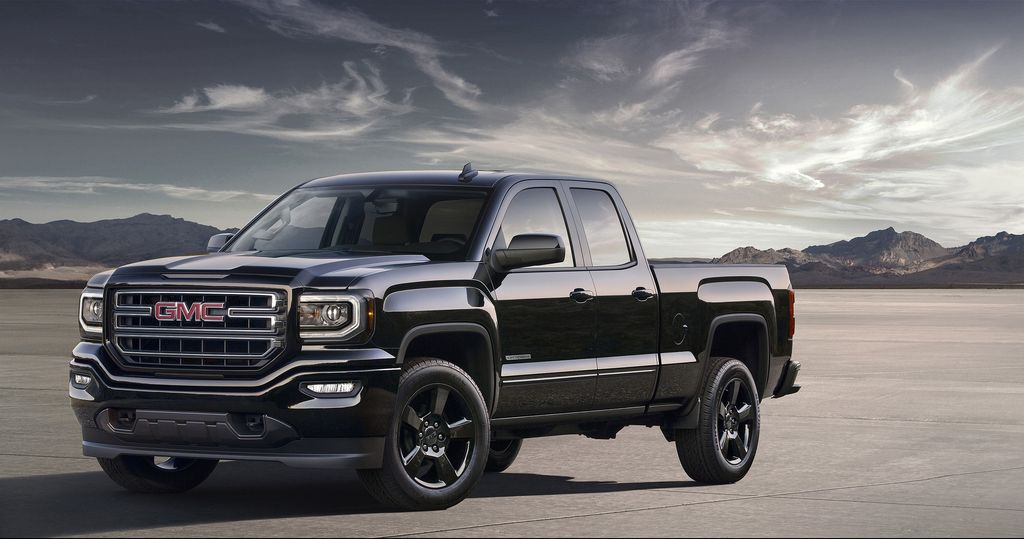
11. **The Headache of Sporadic Functionality: When Issues Come and Go**
Nothing is more frustrating than a problem that won’t commit! We’re talking about “sporadic functionality,” where issues are “occurring at uneven or varying rates or intervals.” This makes a pickup not just unreliable, but maddeningly unpredictable. One day, it’s fine; the next, it’s acting up, only to magically fix itself before you can get it to a mechanic.
These “irregular, erratic, inconsistent, intermittent, or spasmodic” breakdowns are the definition of a headache. They’re hard to diagnose, difficult to prove, and leave you constantly guessing. Perhaps the transmission slips only on cold mornings, or the electrical system flickers only when you hit a bump just right. This “hit-or-miss” behavior makes planning impossible and trust evaporate.
Our context perfectly illustrates this: “The event was again held indoors due to the unreliable summer weather.” Just as you can’t rely on sporadic weather, you can’t rely on a pickup with sporadic functionality. Its unpredictable nature makes it a constant source of anxiety, transforming every drive into a guessing game of “will it or won’t it?”
These aren’t just minor inconveniences; they’re signals of deeper, unresolved issues that could escalate without warning. A truck with sporadic problems means you’re always on edge, always wondering when the next unexpected hiccup will occur, making it a truly unreliable partner for your daily demands.

12. **Beyond Incapable: Understanding the Nuance of Unreliability**
It’s easy to confuse “unreliable” with “incapable,” but there’s a crucial difference, and understanding it can save you from a bad purchase. The context clarifies this: “Incapable refers to lacking ability, while unreliable pertains to trustworthiness or consistency.” A truck might be incapable of towing a massive load if it’s a small engine, but that doesn’t make it unreliable if it consistently performs within its smaller limits.
A truck is “incapable” if it simply doesn’t have the strength, size, or features to perform a certain task. It *can’t* do it. But a truck is “unreliable” when it *should* be able to do something—it has the features, the engine, the capacity—but it *won’t consistently* do it. It fails to be trusted or perform as expected, even when it theoretically possesses the ability.
Think of it like this: A compact car is incapable of towing a fifth-wheel RV. That’s a clear limitation, not a sign of unreliability. However, if a heavy-duty pickup *designed* for towing regularly breaks down or experiences critical failures while towing a load well within its advertised capacity, *that* is unreliability. It has the ability but lacks the “trustworthiness or consistency.”
Understanding this nuance is key. You can buy a vehicle that’s incapable of certain tasks (and choose not to use it for those tasks). But you *cannot* afford a vehicle that’s unreliable in the tasks it’s designed for. One is a choice; the other is a persistent, frustrating problem that will plague you regardless of how you use it.

13. **The ‘Hit or Miss’ Pickup: Why Some Trucks Are a Gamble**
Finally, let’s talk about the quintessential “hit or miss” pickup. This idiomatic expression perfectly captures the essence of a truly unreliable vehicle: it’s a gamble, a roll of the dice every time you get behind the wheel. The context specifically mentions “on shaky ground” or “hit or miss” as phrases that imply unreliability, and boy, do they ever.
A “hit or miss” truck is one where the outcome of its performance is completely unpredictable. You might “hit” a good day where everything works perfectly, or you might “miss” completely, encountering a breakdown, a warning light, or a strange noise that leaves you stranded. This isn’t just sporadic; it’s a constant state of uncertainty, making every drive an adventure you didn’t ask for.
This type of unreliability creates a constant low-level dread. You can’t plan, you can’t trust, and you certainly can’t feel confident. It’s the opposite of what a pickup should be: a dependable tool that helps you get the job done. Instead, it becomes a source of stress, expense, and often, exasperation, living up to the description of being “unpredictable in behavior or movement.”
So, before you fall for a truck that seems like a “deal,” remember the “hit or miss” factor. Do your homework, check its history, and listen to the experiences of other owners. Because when it comes to a vehicle that needs to be dependable, taking a gamble on a “hit or miss” pickup is a risk you simply can’t afford. Your peace of mind and your wallet will thank you for choosing wisely.
Read more about: The Unvarnished Truth: 15 Cars That Left Owners Fuming With Performance Failures and Reliability Nightmares
There you have it: 13 crucial insights into what makes a pickup truly unreliable, from its core definition to the subtle nuances of its unpredictable nature. Armed with this knowledge, you’re no longer just a potential buyer; you’re a discerning expert, ready to spot those red flags and avoid the money pits. Don’t let a deceptive promise or a careless design leave you stranded. Choose wisely, drive confidently, and make sure your next pickup is a dependable workhorse, not a ticking time bomb of leaks and headaches. Happy truck hunting!


